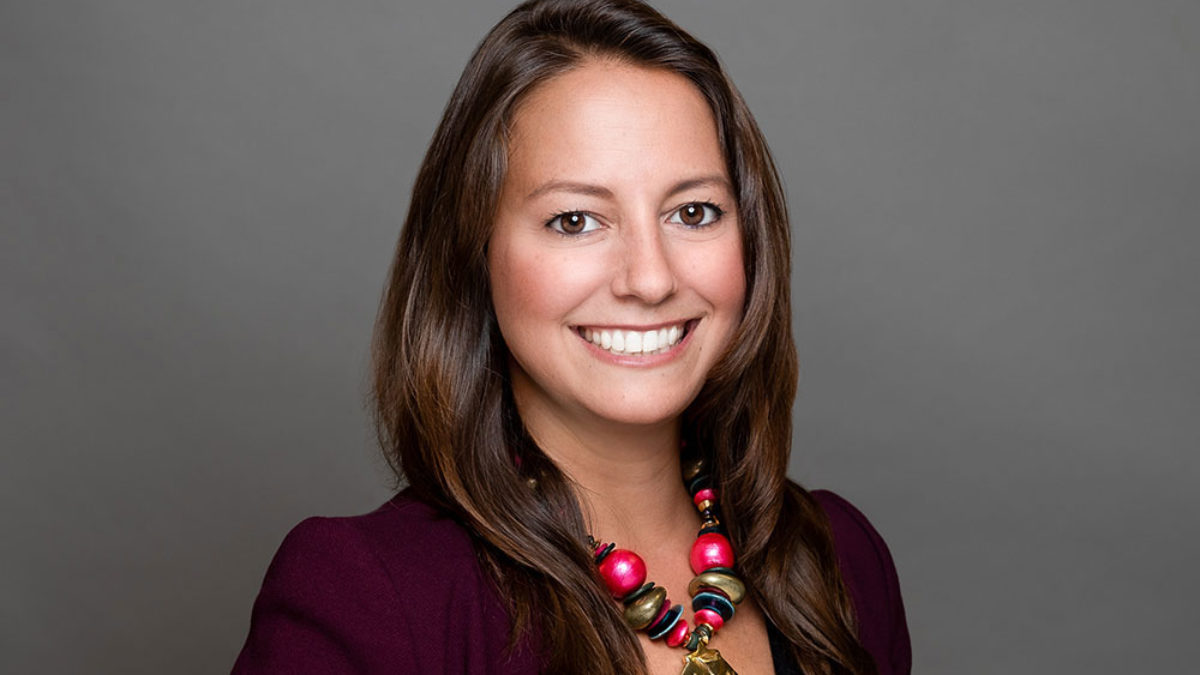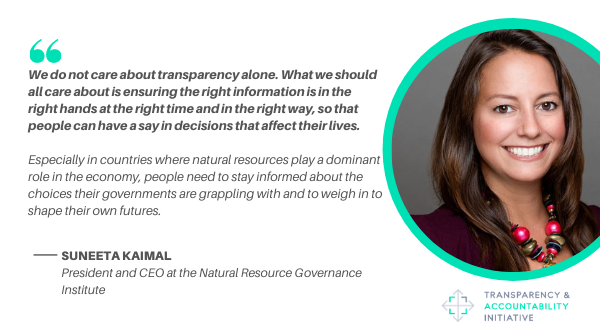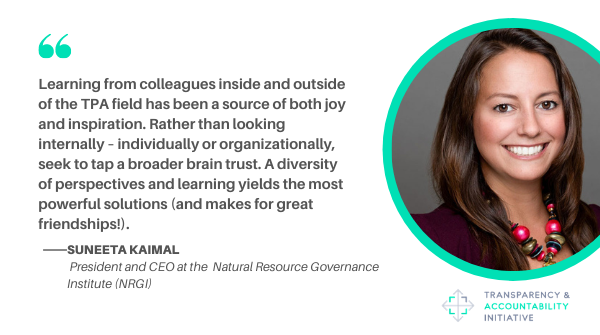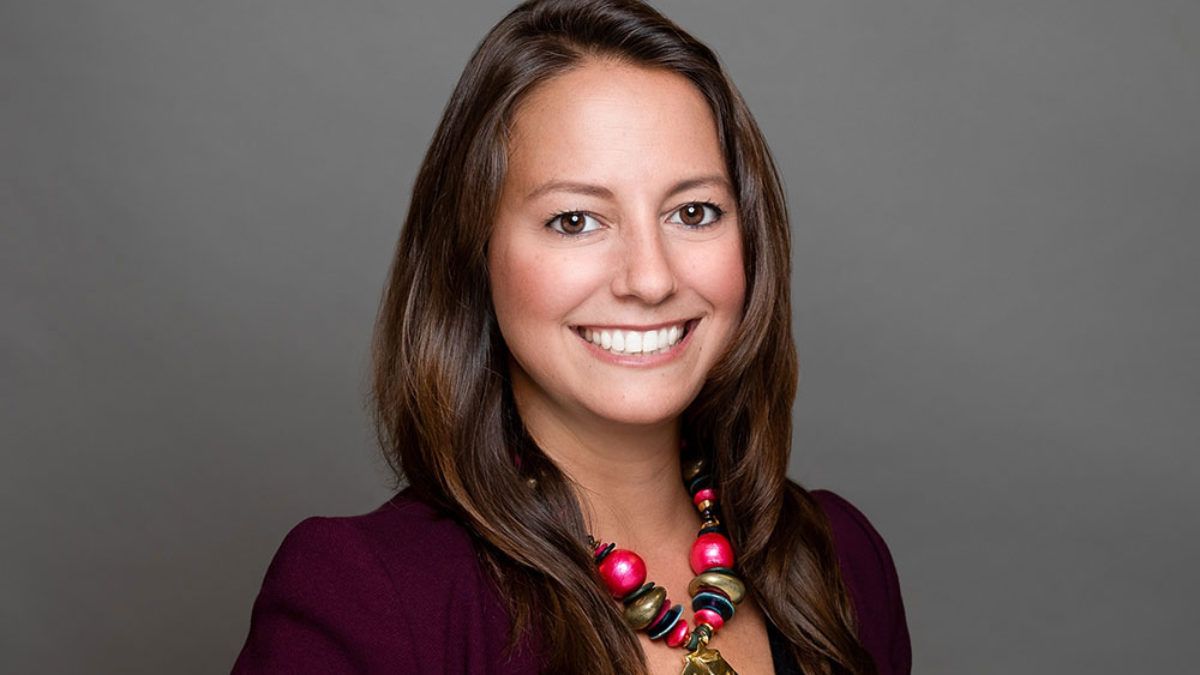
Suneeta Kaimal. Photo Source: ICNL
“It’s not fair,” Suneeta Kaimal, recalls that was one of her favorite phrases as a child. Add to that her name “Suneeta,” which means justice in Sanskrit, and see why she believes she is destined for a career fighting for social justice!
Suneeta first began working in the field of natural resource governance to unseat the deep-rooted, systemic injustices that plague the oil, gas, and mineral sector. Today, she serves as the President and Chief Executive Officer of the Natural Resource Governance Institute (NRGI) and a steering committee member of the Open Government Partnership (OGP) where she was formerly the first female Chair.
Suneeta notes that the extractive sector has been notoriously corrupt, starting with rapacious colonialism at its origins and continuing today, with elites exploiting asymmetries of power, knowledge, and access at the expense of the good of the people. That must change: “Transparency and participation are tools we use to create greater accountability and to restore power and agency to the people, on whose behalf governments should manage natural resources.”
Why should we (people) care about transparency in the extractive sector?
You shouldn’t 🙂. Meaning, we do not care about transparency alone. What we should all care about is ensuring the right information is in the right hands at the right time and in the right way, so that people can have a say in decisions that affect their lives. Transparency is more important than ever in times of crisis, and where short-term decisions—about the tradeoffs made to secure investment, about the deals brokered, and about doubling down on the extractive sector—will impact the long-term future of countries. Especially in countries where natural resources play a dominant role in the economy, people need to stay informed about the choices their governments are grappling with and to weigh in to shape their own futures.
 How can open government tackle the challenges posed by Covid-19 in the extractive sector to ensure an open response and open recovery from the pandemic?
How can open government tackle the challenges posed by Covid-19 in the extractive sector to ensure an open response and open recovery from the pandemic?
The pandemic has further exposed some of the risks associated with dependency on the fossil fuel sector. As the price of oil went negative during the early months of the pandemic, countries that anticipated revenues from their natural resources fund recovery came up empty. Together, citizens and government officials needed to decide what risks they were willing to take to access much-needed revenue in the immediate term.
For example, the Ghanaian government unveiled an ambitious Covid response plan last year but lacked the revenues to fund it. The finance minister suggested amending the law to enable the government to draw on funds from the extractive sector that had been set aside for future generations. There were questions of legality and pragmatism—what would be the trade-offs to tapping these funds? NRGI supported a broad coalition of civil society actors to raise their concerns and questions on the proposed plan. Informed by citizen priorities and perspectives, officials decided to use some portion of funds to finance pandemic alleviation but stopped short of the original proposal. This kind of open, participatory decision-making ensures that short-term decisions are made in line with citizen views and needs.
What do you find most exciting and frustrating about working in the TPA (transparency, participation, and accountability) field?
What is most frustrating is hearing people (still) say, “transparency is not enough.” Those of us who have championed open government never thought transparency was a panacea. Transparency does help to address the asymmetry of information that prohibits meaningful engagement in policy discussion and dialogue. Our hope was that transparency, when paired with opportunities for meaningful participation, could lead to greater government accountability and responsiveness to citizen needs. Our belief was that transparency, participation, and accountability were essential ingredients to build and sustain democracy and to enable more just and equitable societies. But over time transparency has instead been used as an inappropriate shorthand for the systemic change that we knew was – and is still – needed.
Previously secret information is now available in unprecedented quantities; we have many ways to engage and amplify citizen’s voice, and a menu of mechanisms to hold the government to account to shape the post-pandemic world. We now need to embrace the gains that we have made and acknowledge with humility the work that is still ahead. We need to tap our collective brainpower to be curious, creative, bold, and innovative in how we try to advance citizen agency and social justice.
 Looking back to when you first started working on these issues; what advice will you give your younger self?
Looking back to when you first started working on these issues; what advice will you give your younger self?
Be patient, yet ambitious. Seemingly simple tasks – like basic information about how money is flowing and where – can require decades of advocacy (with more work still ahead!). Conversely seemingly impossible lifts – like resetting the social contract to ensure citizens have a seat at the policy table with government and companies – can be achieved.
Be humble, yet curious. Learning from colleagues inside and outside of the TPA field has been a source of both joy and inspiration. Rather than looking internally – individually or organizationally, seek to tap a broader brain trust. A diversity of perspectives and learning yields the most powerful solutions (and makes for great friendships!)
And a final word on tactics from a friend, mentor, and champion in the TPA field, “When you want to change something, present it as continuity. When you want continuity, present it as change.”
If money was no object, what would you do all day?
Covid has made our world which once felt so interconnected feel so distanced and divided. One of the aspects of my job I loved the most was the opportunity to see the world. I love to travel. I even like airplane food! But even more, I love meeting new people and learning about and experiencing new cultures—to find points of connection and revel in the diversity. The more I learn about the world and people in it, the more I find to celebrate and the more to explore. If money were no object, I would spend my days learning about, embracing, and celebrating the world and the many cultures and people in it.
Catch up with Suneeta on Twitter at @suneetajan and get more update on what NRGI is up to on Twitter at @NRGInstitute
